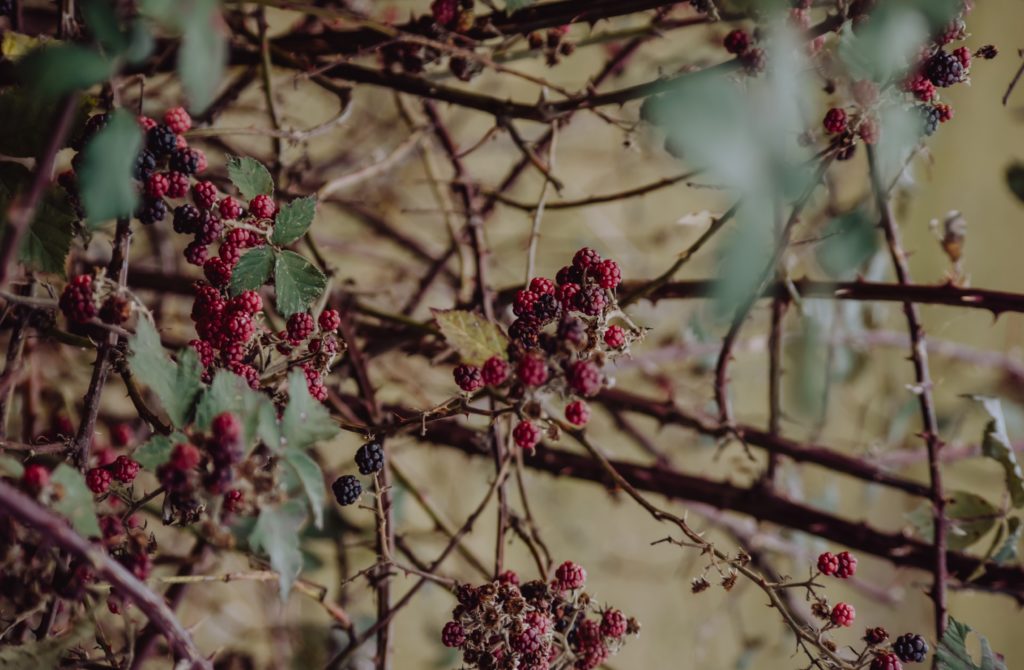
The Old Road
The Black Country – cradle of the Industrial Revolution, refuge for a hunted king – is a graveyard of memories. This extraordinary essay unearths how that history still moulds the present and is in turn moulded by nature.

The Black Country – cradle of the Industrial Revolution, refuge for a hunted king – is a graveyard of memories. This extraordinary essay unearths how that history still moulds the present and is in turn moulded by nature.
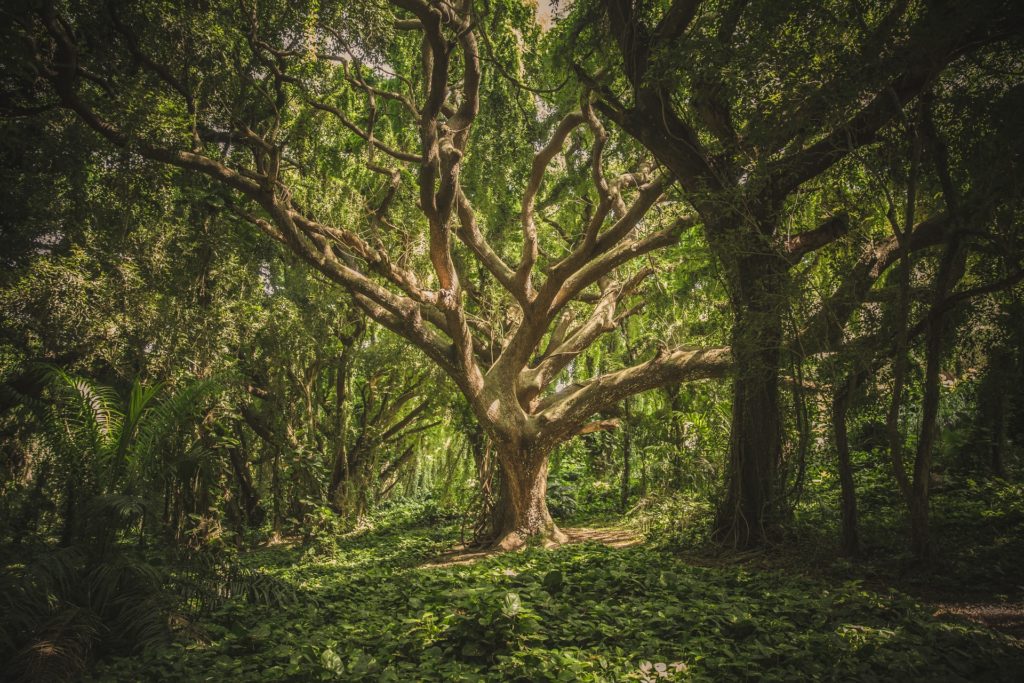
In this blend of memoir and nature writing, Rachel Sloan turns to tree-planting when Brexit threatens to uproot her life in Britain.
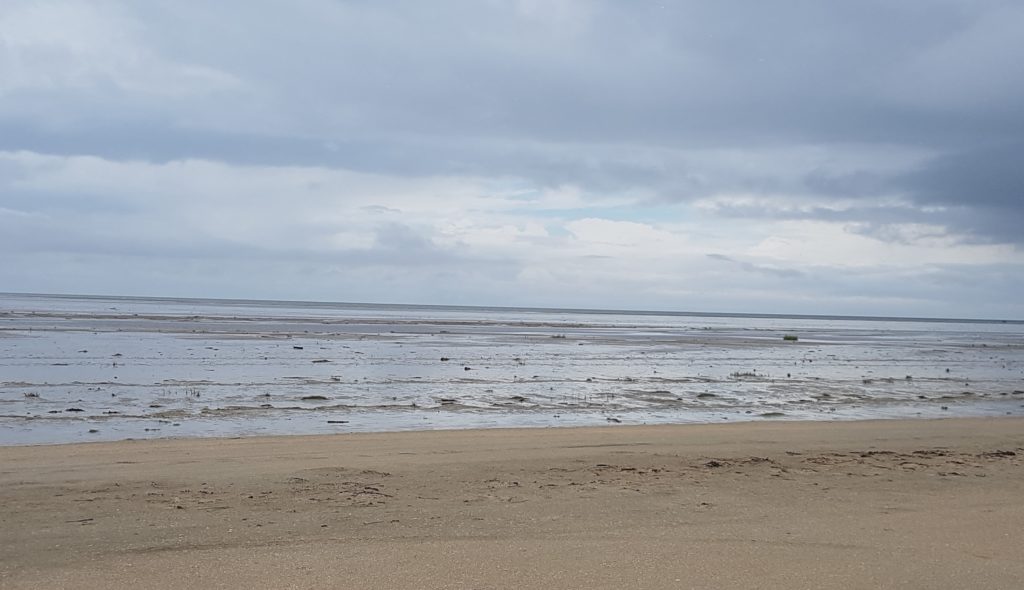
We were on the small Danish island of Fanø for the folk festival. The whole village was full of musicians and festivalgoers, talking about what we’d heard and what we’d enjoyed and what we were looking forward to hearing next.
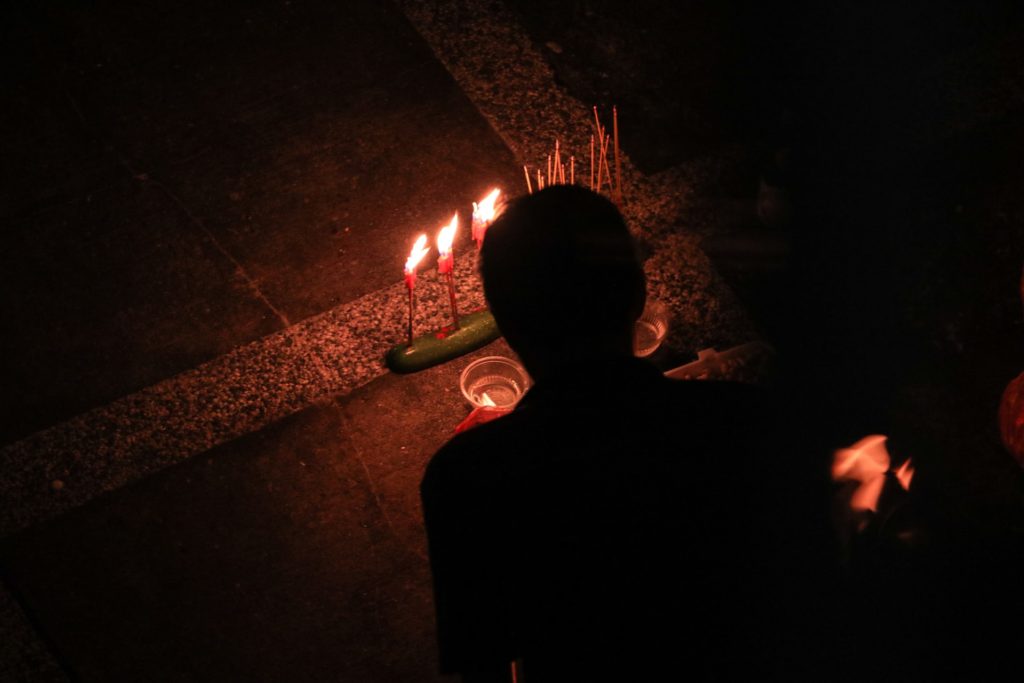
Every Singaporean male makes the journey to Pulau Tekong for national service. Kavya Deshpande investigates why they return telling stories of a haunted island, an island of ghosts, demons, and disappearances.
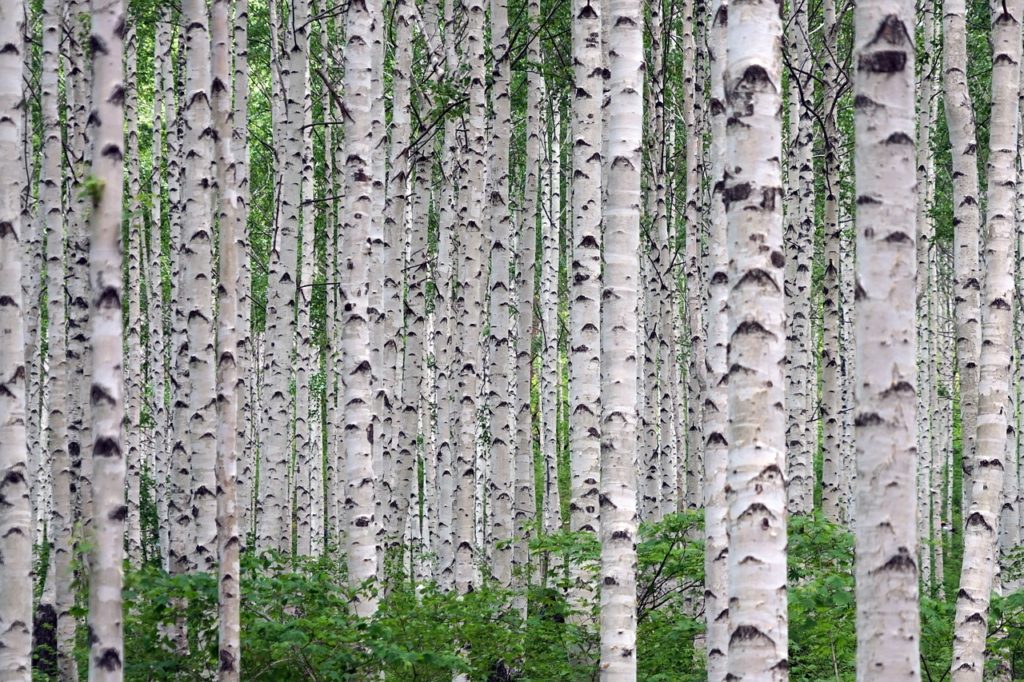
Beginning in the woods of Wimbledon Common, Mathis Clément embarks on an associative journey of ideas, connecting religious relics to rituals of remembrance; our ecosystems of plastic to Rachel Whiteread’s art.
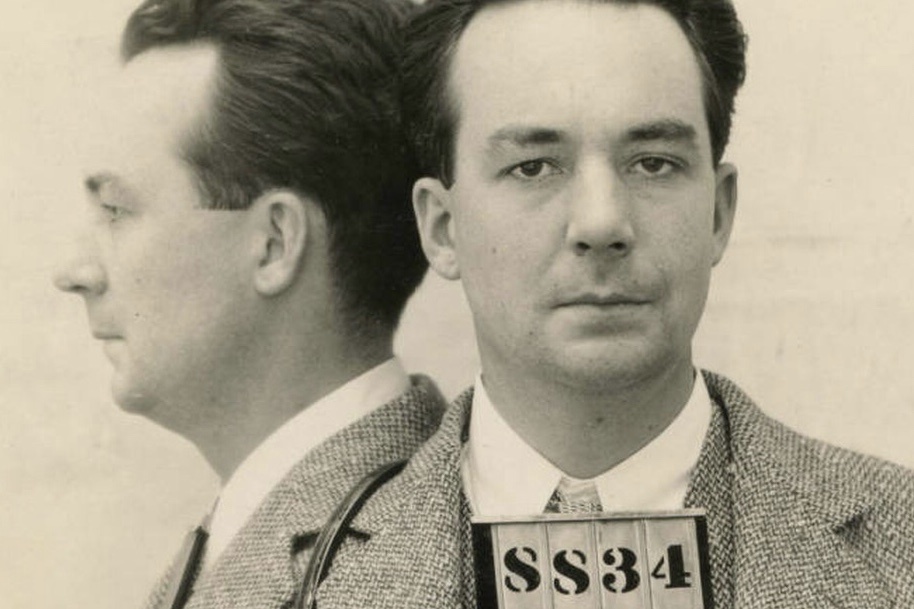
This extraordinary tale spanning almost a century is a blend of memoir, true crime and pure horror.
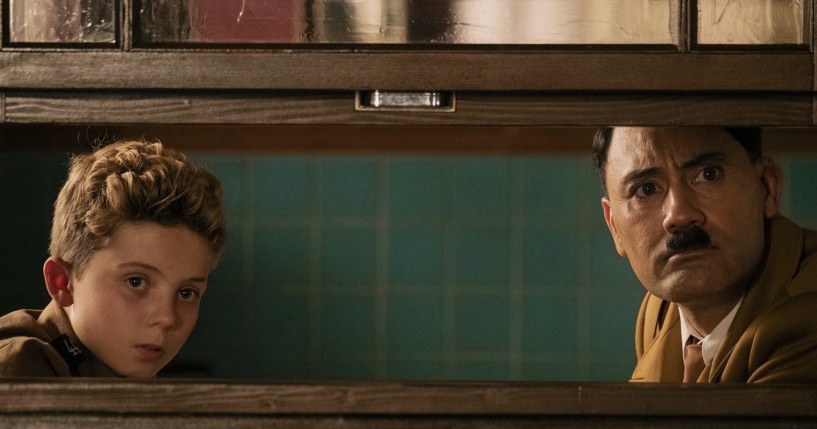
Looking at the controversial film Jojo Rabbit, Katie Scott-Marshall explores whether ridicule is an appropriate stance to adopt against totalitarianism.
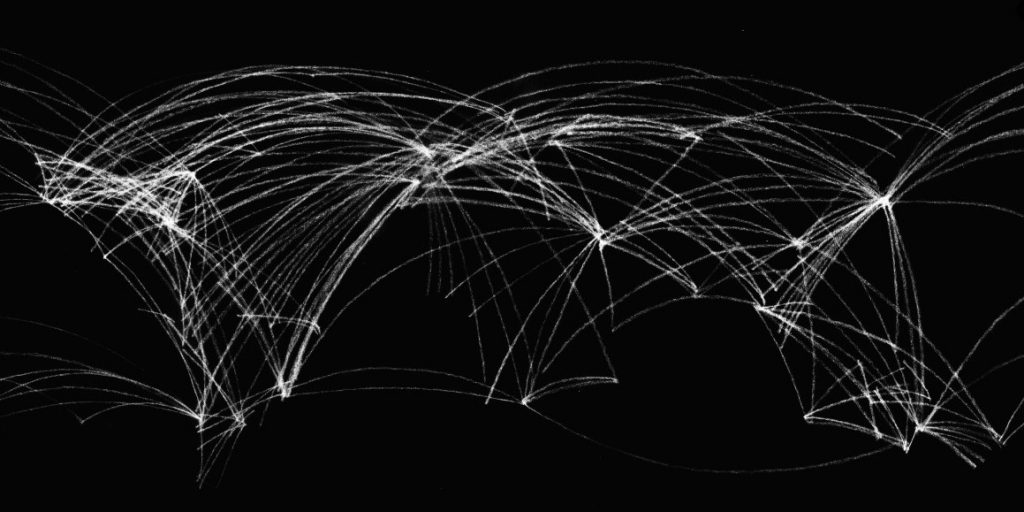
‘I was out in the open; there was no time to make a futile run towards the plane before the block of flats tumbled down, over my house.’
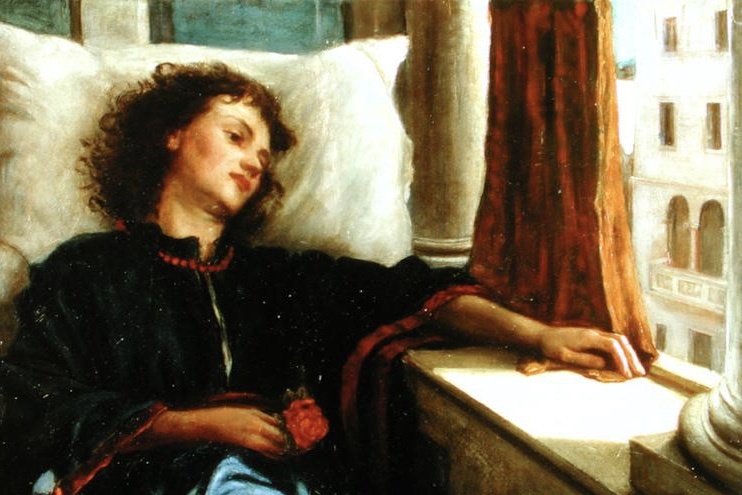
A professor uses her experience of teaching the Decameron to reflect on the new ways it has become relevant in 2020.
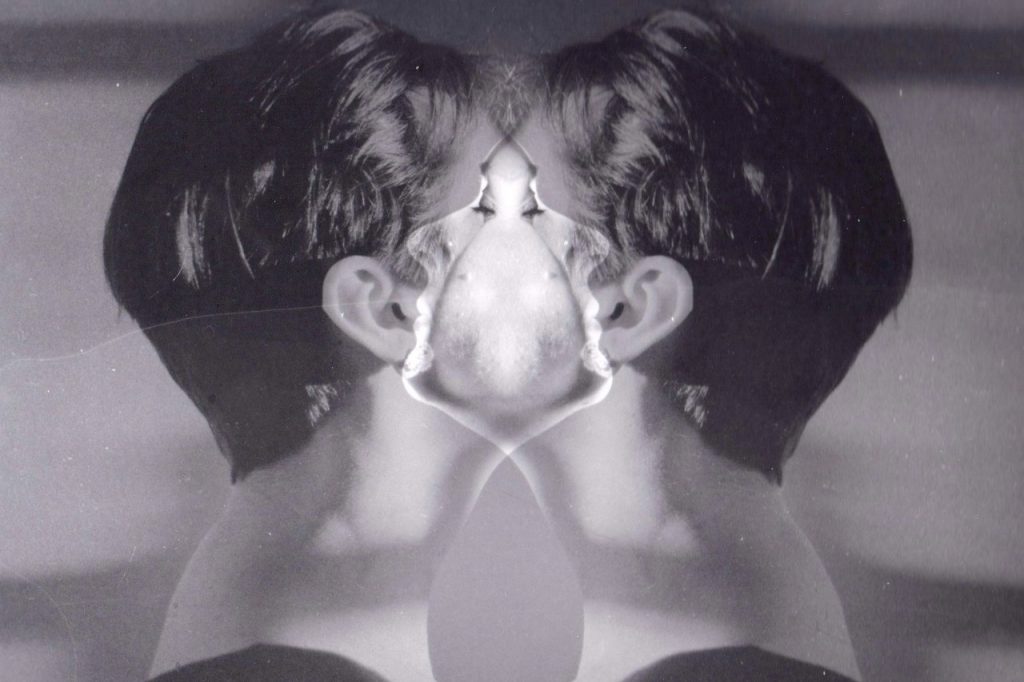
This highly experimental piece of creative nonfiction explores the relationship between author and character.
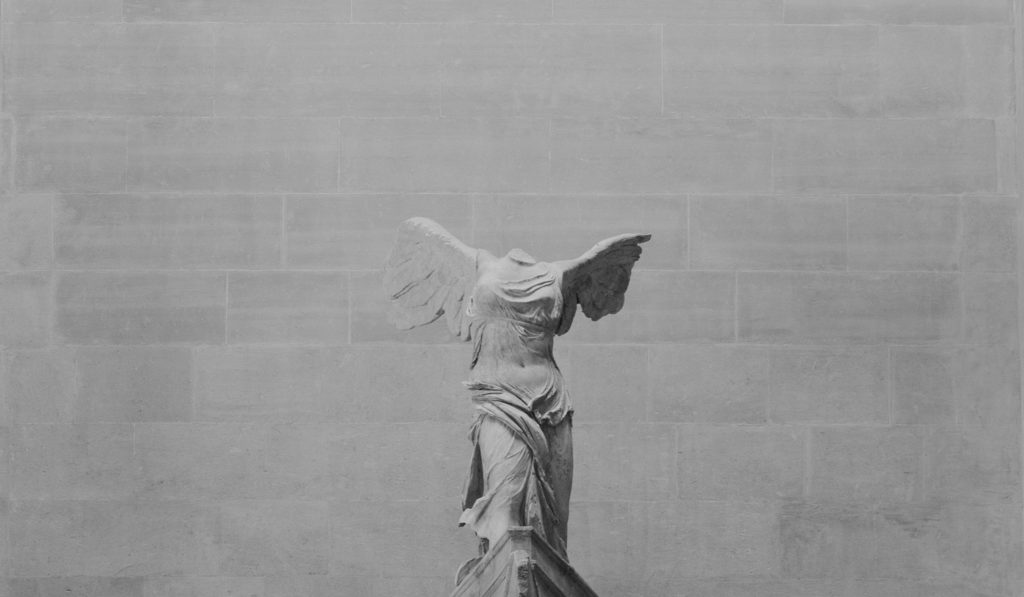
Since the Ancient Greeks, concepts like victory, peace, and justice have been depicted as female.
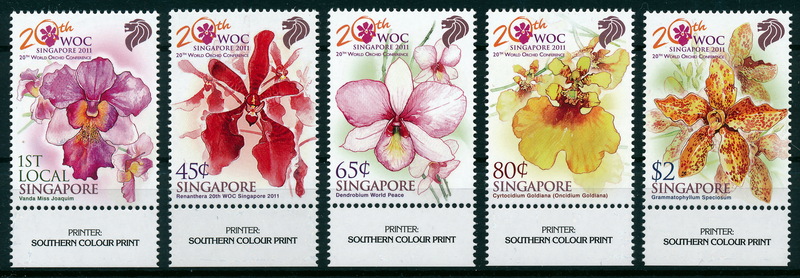
‘As a child growing up in Singapore, you’re constantly told that people are all we have – that human labour and effort were all we could use to drag ourselves out of poverty into the first world. We bloomed where others would not.’
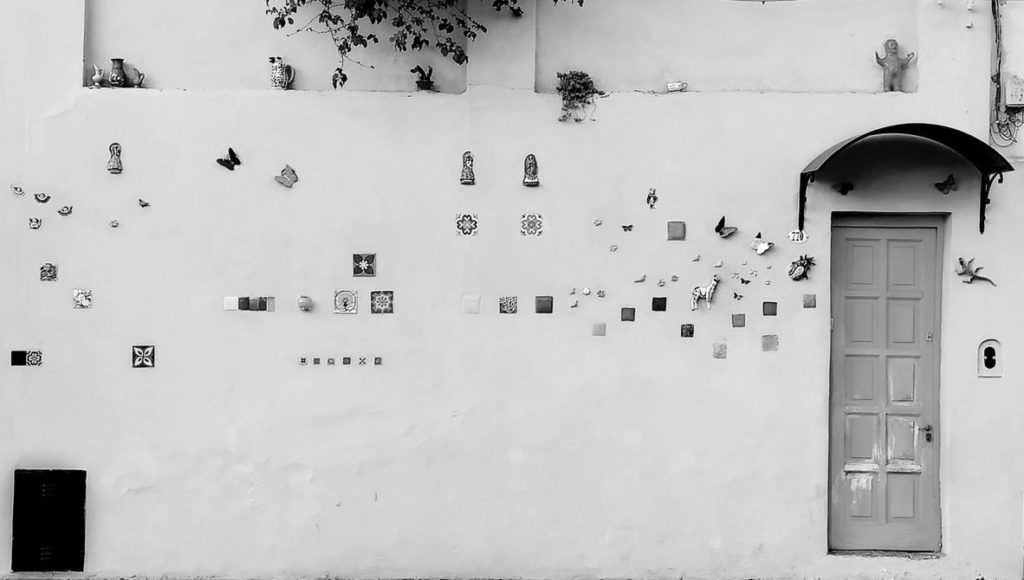
‘I casually say good evening to them despite the fact that their hair is falling out, their skin is grey, and one of them is clutching a dead baby to her chest. This is my brain on LSD.’
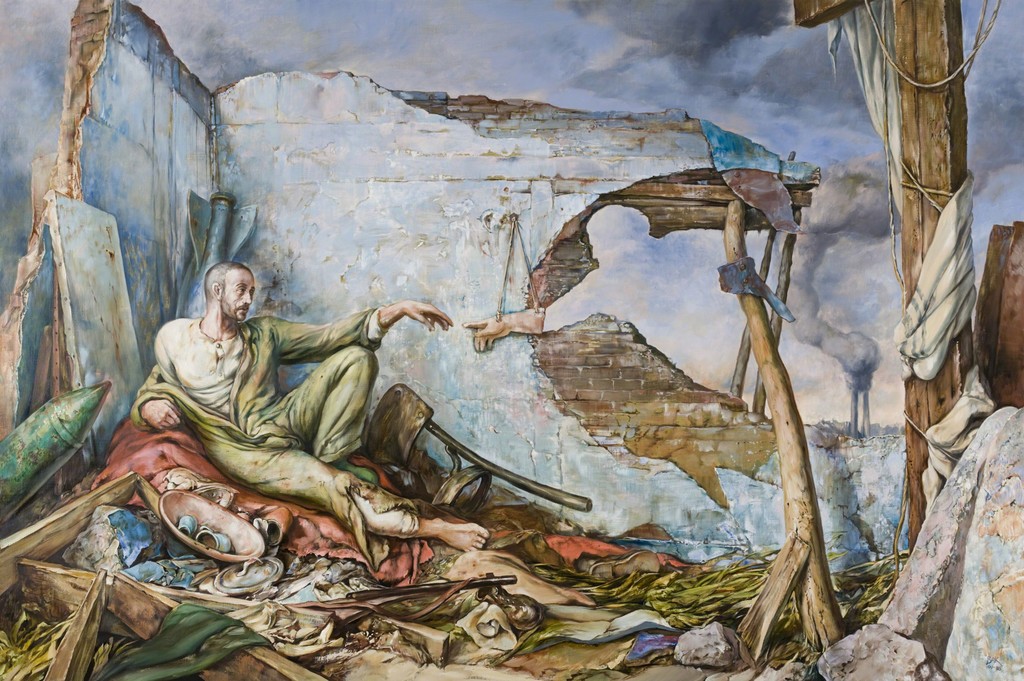
‘A Lithuanian Jew, writing in French; a philosopher overshadowed by his peers; Emmanuel Levinas could only be understood by visiting his hometown, where no one I asked seemed to know his name.’
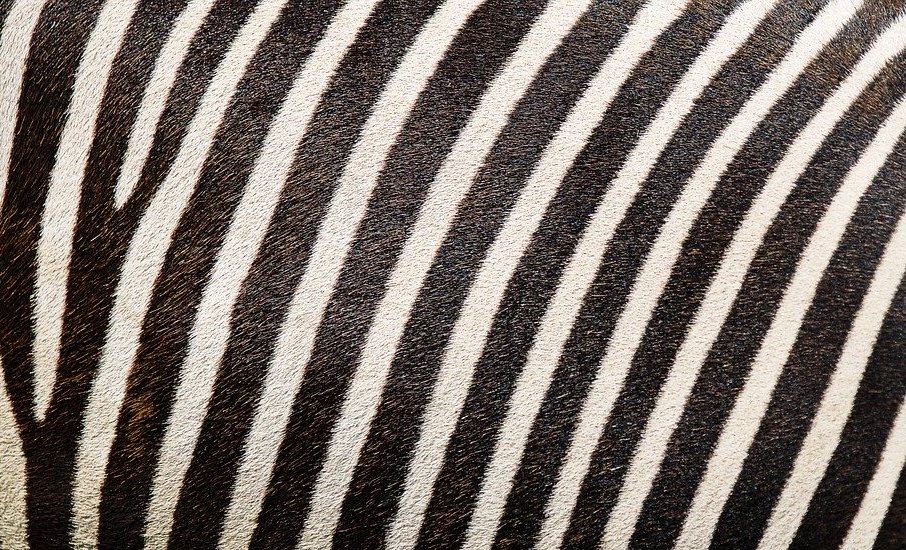
‘New York has always been consumed by surfaces, built for consumption. Missing one of its stores feels morally dubious, like missing a glamorous friend to whom you were never very close.’